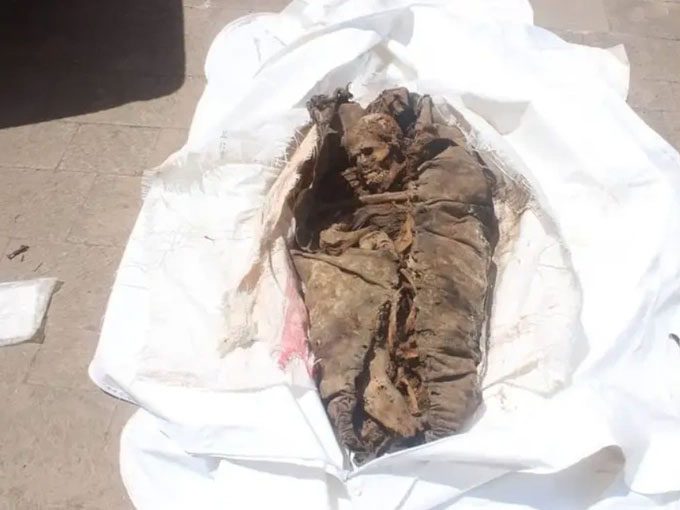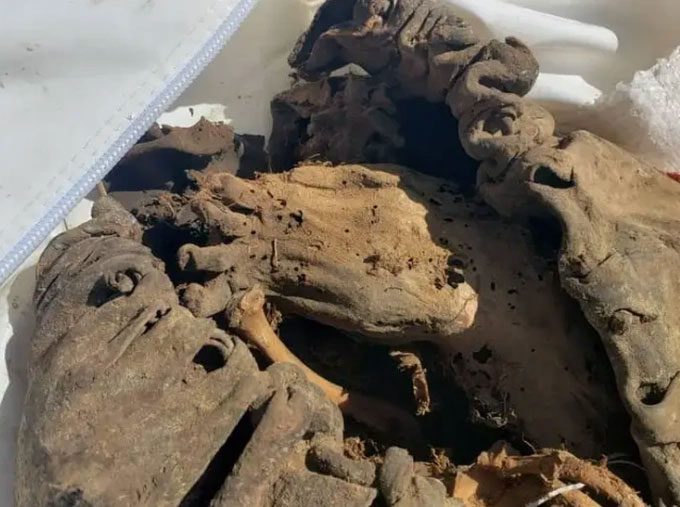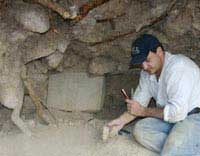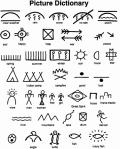A 2000-year-old mummy has been discovered amongst garbage in the capital city of Sanaa, Yemen, with its interior brutally torn apart.
The Yemen Antiquities and Museum Organization recently found a mummy in a fetal position, wrapped in animal skin, a traditional mummification practice of the time. They suspect that tomb raiders and antiquities traffickers unearthed this mummy, as evidenced by the fact that it had been eviscerated before being discarded in a trash heap.

The mummy found in a pile of trash in Yemen. (Photo: Yemen Antiquities and Museum Organization).
This discovery has outraged the local community, who have witnessed many of their historical artifacts threatened by the ongoing civil war in the country. The mummy has been taken to the National Museum in Sanaa for preservation. Experts will implement measures to prevent decomposition as bacteria have begun to invade the remains.
Ancient Yemenis were the third civilization to discover mummification techniques, following the Egyptians and the Chileans. The Yemen Antiquities and Museum Organization stated that the recently discovered mummy may date back to the 3rd century BCE, meaning that this individual lived during the legendary Kingdom of Saba, believed to be the land of King Solomon and the Queen of Sheba.

The feet of the mummy. (Photo: Yemen Antiquities and Museum Organization).
The Sabaeans at that time built a prosperous trade empire due to their strategic coastal location for transporting goods, especially rare items like frankincense and myrrh, across the desert.
Researcher Abdullah Mohsen, who specializes in monitoring antiquities smuggling, mentioned that many ancient mummies could be found in various natural and artificial caves throughout the regions of Saba, Himyar, Qataban, Awsan, Main, and Hadramout in Yemen.
Amid the world’s most severe humanitarian crisis, Yemenis are also struggling to preserve these ancient legacies. Even the University Museum of Sanaa, located in the capital of Yemen, lacks the resources to adequately preserve the 12 mummies they have been entrusted to care for.





















































